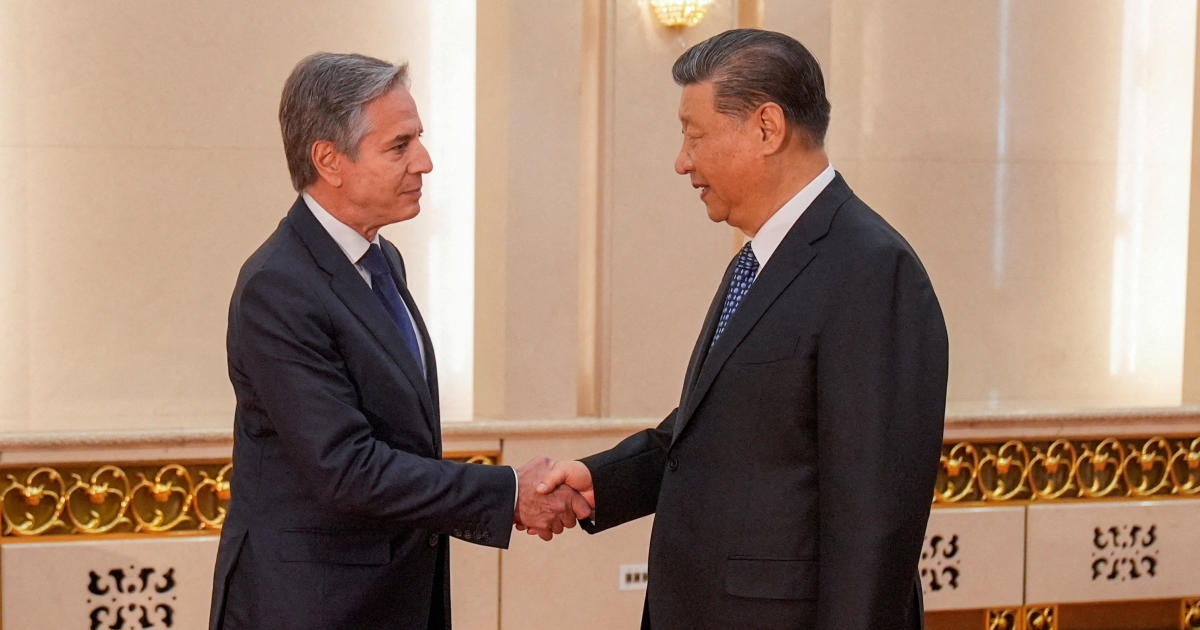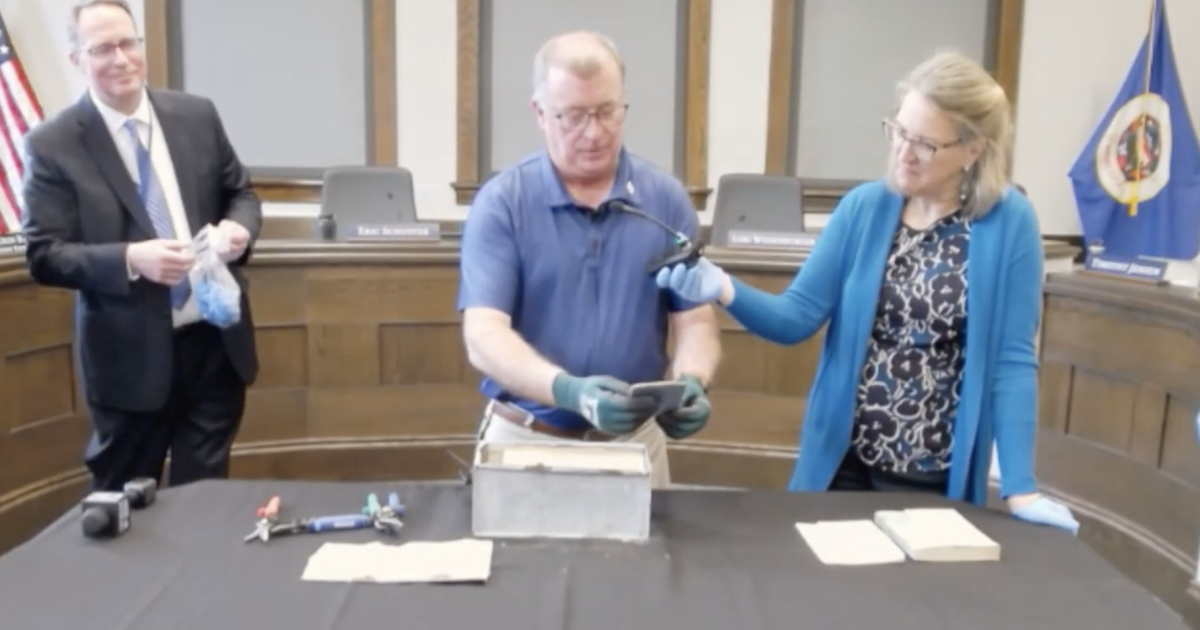North Dakota colleges say Minnesota's free tuition plan "catastrophic" for the state
Minnesota's ambitious plan to give lower-income residents free college has created a "crisis" in neighboring North Dakota, where higher education officials worry about a drop in enrollment from Minnesota students who can get a better deal at home.
North Dakota college leaders spoke at a meeting this week of the State Board of Higher Education, whose members brainstormed ways to prevent a flood of Minnesota students leaving North Dakota schools.
"This has catastrophic implications. This is a very serious situation for us," David Cook, president of North Dakota State University, said at the meeting.
Minnesota this year passed the North Star Promise scholarship program, which will pay college tuition and fees for in-state residents whose families earn $80,000 a year or less. The program, set to launch in the fall of 2024, is projected to cost $117 million and would help about 15,000 to 20,000 students, according to the state's office of higher education.
More than half of North Dakota State University's incoming class, and 45% of its undergraduate student body, consists of students from Minnesota, according to estimates presented at the meeting. Minnesota natives make up 24% undergraduates at North Dakota State College of Science, and 28% at the University of North Dakota.
"Half our football team"
"Probably half our football team comes from Minnesota, so that's kind of a big deal to us," Rod Flanigan, president of the North Dakota State College of Science, said at the meeting.
Students are "worried about costs and having to work more, and they're going to do whatever it takes to take advantage of free education," said Sadie Hanson, a UND student and board member.
The outflow of Minnesota students from North Dakota could cost state universities $12 million a year in lost tuition and state funds, which fluctuate based on colleges' enrollment, according to a presentation given during the meeting.
But the greater concern, according to officials from UND and NDSU, is the effect on the state's workforce as Minnesotans who move to the state for school and stay for work are a major source of population growth.
Nationwide, college enrollment has been steadily declining since peaking in 2011, and is forecast to fall even further in the next 10 years due to demographic trends. Minnesota's move was in part intended to boost enrollment at its own state universities, according to the Minnesota Office of Higher Education. Meanwhile, North Dakota's population is growing, but not enough to offset the loss of Minnesota students.
- With student loan forgiveness in limbo, here's how the GOP wants to fix college debt
- College majors have a big impact on income. Here are the highest- and lowest-earning fields.
- Americans no longer want to move for work
"We may just have to live with what we have"
Education officials floated the idea of creating a state-based scholarship for North Dakota and Minnesota students, which could cost $17 million annually. That could be an uphill effort, however, with some Republican legislators fearful that some people could try to game the system, according to Fargo-based paper The Forum.
State Rep. Bob Martinson, a Republican on the Higher Education committee, told the paper he feared that people making more than the $80,000 aid cap would work less in order to qualify for free tuition, adding, "We may just have to live with what we have."
UND President Andrew Armacost suggested combining advertising costs among the state's schools to save money, or offering Minnesota students in-state rates at North Dakota colleges.
North Dakota's higher education board plans to ask the legislature to call a special session to consider solutions to the program, including potentially funding an in-state or regional student scholarship.



